Coinbase Alternatives
Explore the best Coinbase alternatives in 2025! Compare fees, features, security, and more to find the perfect crypto exchange for your trading needs.


If you're one of the millions of crypto traders using Coinbase, you might have already noticed a few frustrations—high fees, limited cryptocurrency options, or regional restrictions. As the cryptocurrency market continues to grow, so do the number of exchanges offering new features, better security, and lower fees. That's why many are turning to Coinbase alternatives in 2025.
But with so many options out there, how do you choose? Whether you're a beginner looking for simplicity or an advanced trader seeking more tools and lower costs, there’s an exchange for you. In this guide, we’ll walk you through the best Coinbase alternatives available today. We’ll compare their features, security, fees, and user experience to help you find the platform that best suits your needs. Let’s dive in and find the right crypto exchange for you!
Key Factors to Consider Before Switching from Coinbase
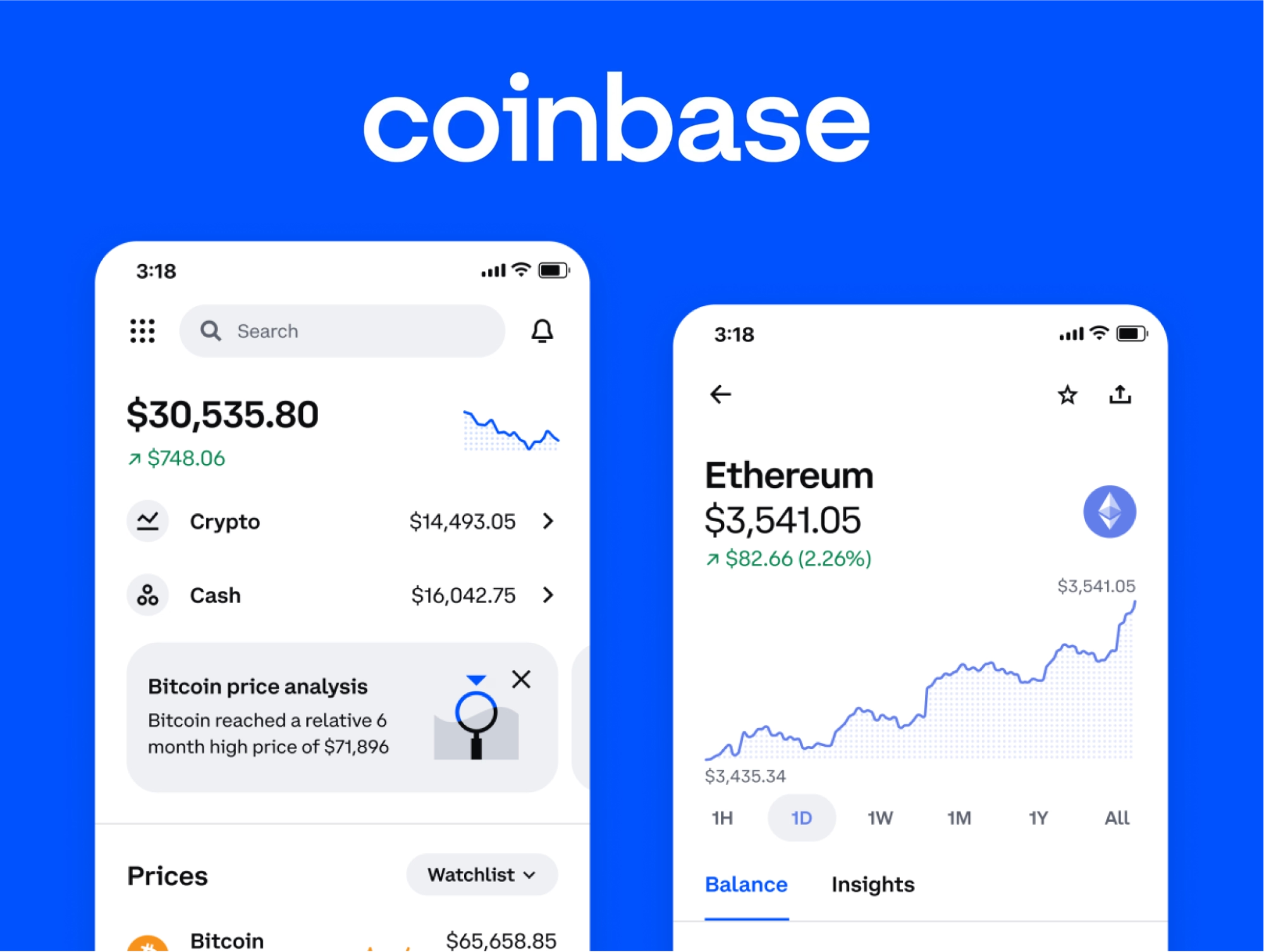
Before you jump into using a new crypto exchange, it’s important to understand the factors that will make a difference in your trading experience. Not all exchanges are created equal, and what works for one person might not work for another. From fees to security, let's break down the key aspects you should consider when exploring Coinbase alternatives.
1. Security: Protect Your Crypto Investments
Security should be at the top of your list when choosing a new exchange. While Coinbase is known for its solid security measures, it’s crucial to evaluate what other platforms offer. Look for features like cold storage, two-factor authentication (2FA), and even insurance policies. Kraken, for example, is famous for its robust security infrastructure, providing peace of mind to its users. Remember, your crypto investments are valuable—choosing a platform with the right protection is non-negotiable.
2. Fees: How Transaction Costs Impact Your Profit
Let’s talk about fees. Everyone hates hidden fees, but unfortunately, they’re common across many exchanges. Coinbase, for instance, charges a variety of fees for buying, selling, and withdrawing crypto. But some Coinbase alternatives, like Binance, are known for offering much lower transaction fees, which can add up to significant savings over time, especially if you’re trading frequently. Be sure to compare the fee structures—whether it’s a flat rate or a percentage-based model—to see how it impacts your bottom line.
3. Supported Cryptocurrencies: Diversify Your Portfolio
Are you interested in trading not just Bitcoin and Ethereum, but also the latest altcoins or DeFi tokens? If so, you’ll need an exchange with a broad selection of supported cryptocurrencies. While Coinbase covers the basics, platforms like Binance and KuCoin offer a wider variety of assets for more seasoned traders. More options mean more opportunities to diversify your portfolio and potentially find the next big crypto gem. Make sure to pick an exchange that aligns with your crypto interests.
4. User Interface: Easy Navigation vs. Advanced Features
Your exchange’s interface plays a big role in how comfortable you feel trading. Coinbase is often praised for its simple, clean layout, which is great for beginners. But if you’re someone who wants to dive deeper into the world of crypto trading, you might prefer an exchange like Kraken or Gemini. These platforms offer more advanced features, such as charting tools and futures trading, but they can be a bit overwhelming at first. The key is choosing a platform that matches your level of experience without feeling like it’s either too basic or too complex.
5. Trading Tools & Features: From Spot Trading to Margin and Derivatives
If you're serious about crypto trading, it’s essential to choose an exchange that offers a wide range of trading tools. While Coinbase offers basic spot trading, platforms like Binance and Kraken provide advanced features like margin trading, crypto lending, and futures contracts. These tools can help you maximize your profits (or minimize your risks) depending on your strategy. Make sure you know what features you need and look for an exchange that offers them with the right security and ease of use.
6. Regulatory Compliance: Which Exchanges Are Most Trusted?
Last but not least, regulatory compliance is a crucial factor to consider. Not all exchanges are created equal in terms of adhering to financial regulations, and some might have issues with government oversight. Coinbase is known for being highly regulated in the U.S., making it one of the safest bets for American users. However, exchanges like Gemini and Kraken are also highly regarded for their transparency and compliance with global regulatory standards. Always check if the platform you choose is legally recognized in your country and follows KYC (Know Your Customer) and AML (Anti-Money Laundering) practices.
Discover the Best Coinbase Alternatives: Our Expert Picks for 2025
With so many crypto exchanges available today, it can be overwhelming to choose the right one. To make things easier, we've curated a list of the top Coinbase alternatives based on features like security, fees, ease of use, and supported cryptocurrencies. Let’s dive into the best options for 2025!
1. Kraken – Best for Security and Advanced Trading Tools
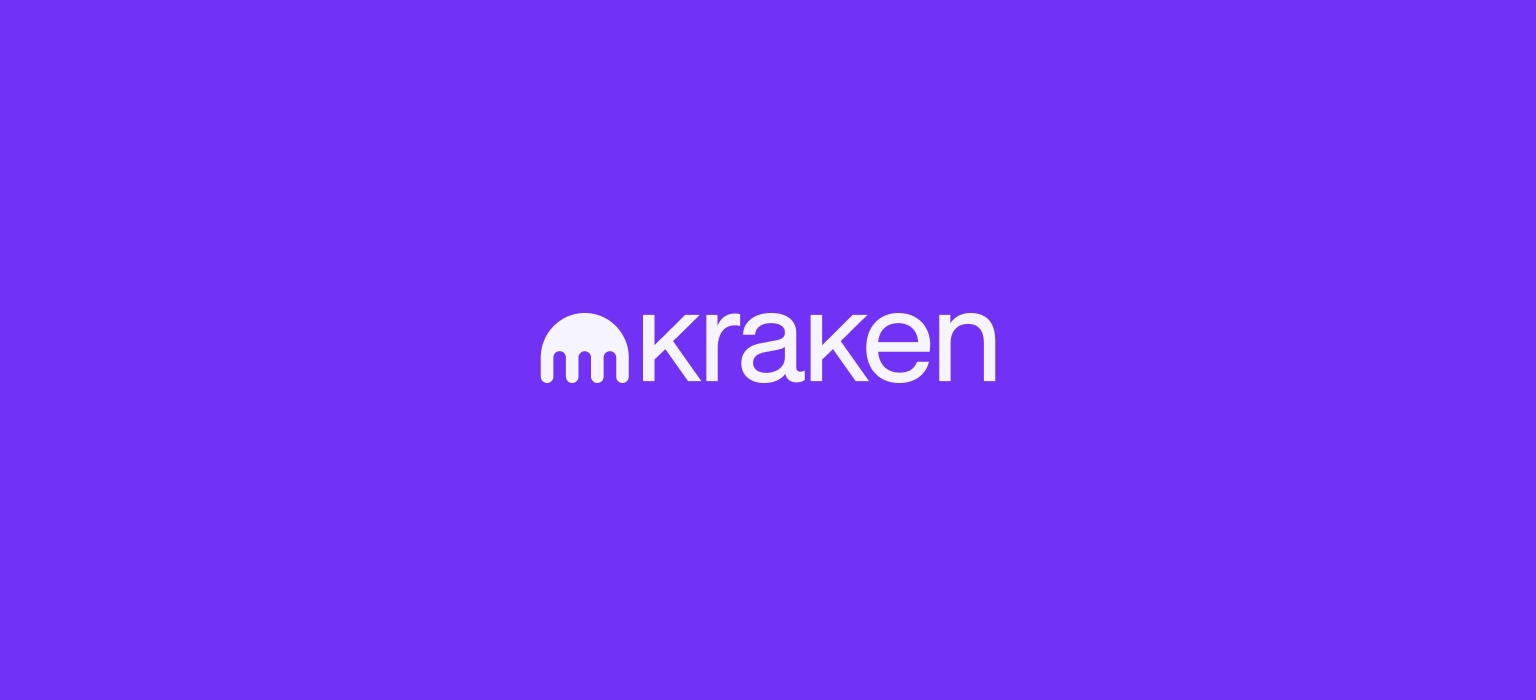
Kraken is renowned for its top-tier security and advanced trading features. It offers a variety of tools for both beginner and advanced traders, including margin trading, crypto futures, and staking. The platform’s two-factor authentication (2FA), cold storage, and regular security audits make it one of the safest options for serious traders.
Pros:
- Strong security features (cold storage, 2FA, insurance)
- Wide range of trading options (futures, margin, staking)
- Competitive fees for high-volume traders
Cons:
- Can be overwhelming for beginners
- Some withdrawal fees are on the higher side
Ideal For:
Advanced traders looking for a secure and feature-packed platform.
2. Binance – Best for Low Fees and Global Access
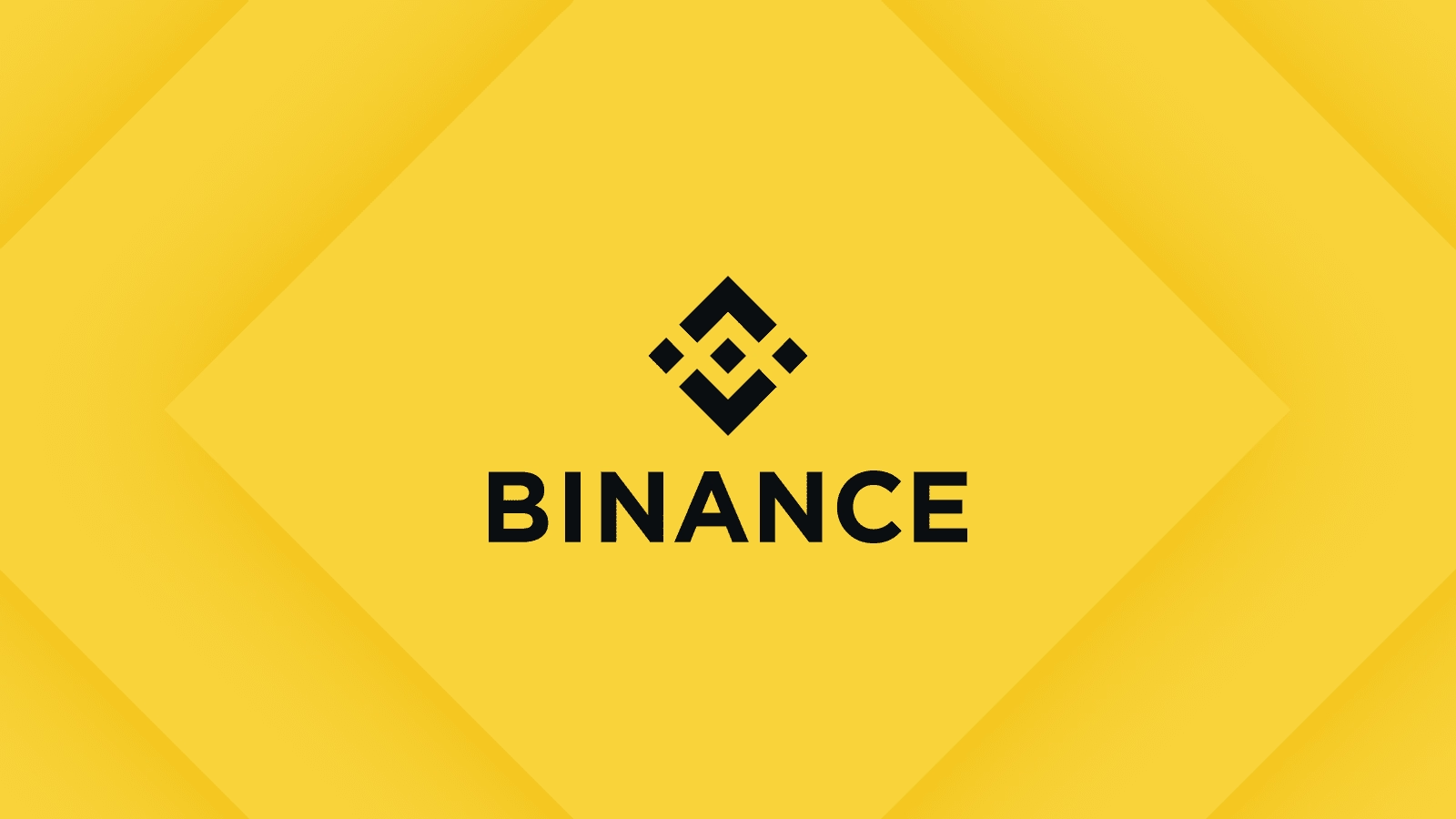
Binance is a global powerhouse in the crypto exchange world, offering low fees, a huge selection of cryptocurrencies, and access to fiat-to-crypto trading in various countries. Binance also offers advanced features such as margin trading and futures contracts, making it an excellent choice for seasoned traders.
Pros:
- Low fees across the platform
- Supports hundreds of cryptocurrencies
- Offers advanced trading features
Cons:
- Has faced regulatory challenges in certain countries
- Customer support can be slow at times
Ideal For:
Traders who prioritize low fees and a wide selection of crypto assets, especially those looking for a comprehensive platform to handle all their trading needs.
3. Gemini – Best for Beginners and Regulation-Friendly
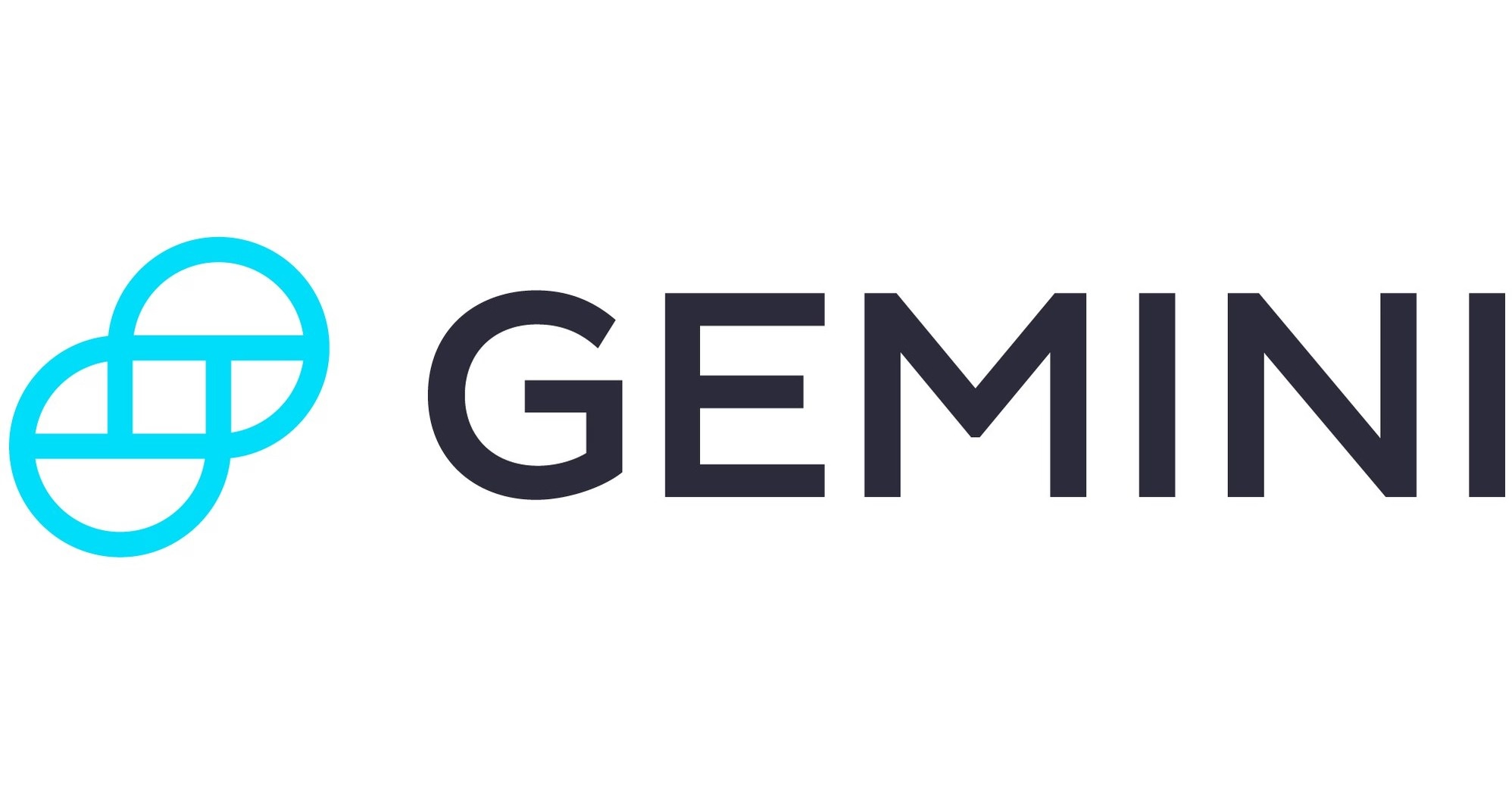
Gemini is often hailed as one of the most regulated exchanges in the U.S. It offers an easy-to-use interface and strong security measures, making it ideal for beginners. It also includes tools like Gemini Earn, where users can earn interest on their crypto holdings, and Gemini Pay to use crypto for everyday purchases.
Pros:
- Regulated in the U.S., providing peace of mind
- Easy-to-use interface suitable for beginners
- Secure storage options and insurance on crypto assets
Cons:
- Higher fees compared to platforms like Binance
- Limited altcoin options for more advanced traders
Ideal For:
Newcomers to crypto trading looking for a secure, beginner-friendly platform with solid regulatory oversight.
4. Crypto.com – Best for Earning Rewards & Debit Card Use

Crypto.com offers more than just an exchange; it’s a full-service platform that allows users to buy, sell, and spend crypto easily. With the Crypto.com Visa Card, you can earn rewards in the form of cashback, making it an attractive option for those who want to use their crypto holdings in daily life. The platform also supports staking and crypto lending for users looking to grow their assets.
Pros:
- Rewards programs and cashback on purchases
- Wide selection of crypto-to-fiat payment options
- Competitive staking rewards
Cons:
- Complex fee structure that can be difficult to understand
- Some services are not available in all regions
Ideal For:
Users looking for an all-in-one crypto platform with payment solutions, staking rewards, and spending options.
5. eToro – Best for Social Trading and Copy Trading
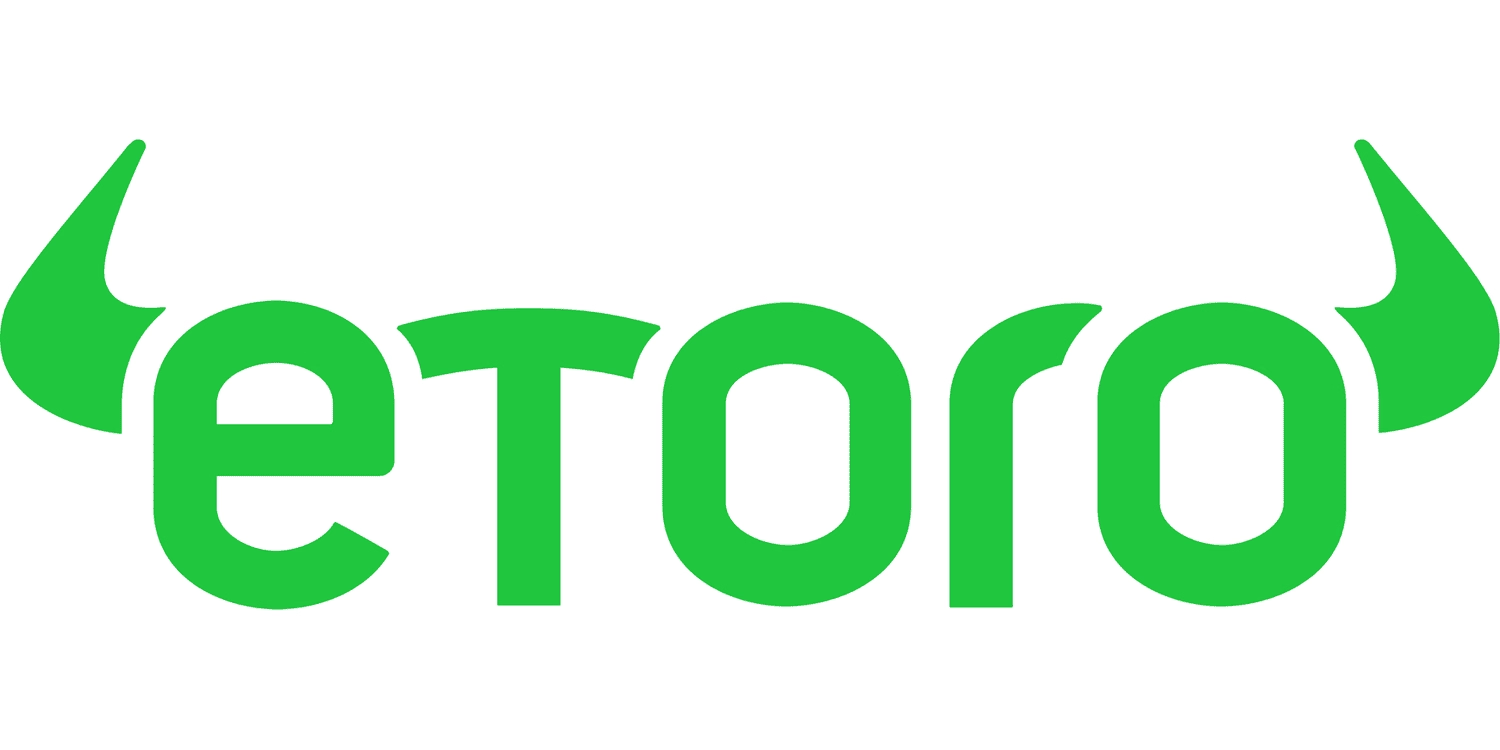
eToro stands out for its social trading features, allowing users to follow and copy the trades of others. This is a great option for beginners who want to learn from more experienced traders. eToro is also known for being user-friendly and offering a wide range of financial products, including stocks and commodities alongside crypto.
Pros:
- Social trading and copy trading features for beginners
- Easy-to-use platform
- Offers diversified investment options (stocks, crypto, etc.)
Cons:
- Limited selection of cryptocurrencies
- High spread fees on crypto transactions
Ideal For:
Beginners looking to trade crypto while learning from more experienced traders through copy trading.
6. Bitstamp – Best for Reliable, Regulated Trading

Bitstamp is one of the oldest and most trusted exchanges in the industry. Known for its high liquidity, it provides users with an easy way to trade major cryptocurrencies. Bitstamp also offers strong regulatory compliance, ensuring that your trades are safe and legal. The platform's user interface is straightforward, making it an excellent choice for those who want a no-fuss, reliable exchange.
Pros:
- Regulated in the U.S. and Europe
- High liquidity, great for large trades
- Offers fiat-to-crypto trading
Cons:
- Limited selection of altcoins
- Some users report slow customer service
Ideal For:
Traders who prioritize reliability and regulatory compliance in their crypto exchange.
7. KuCoin – Best for Advanced Traders Seeking High Volume
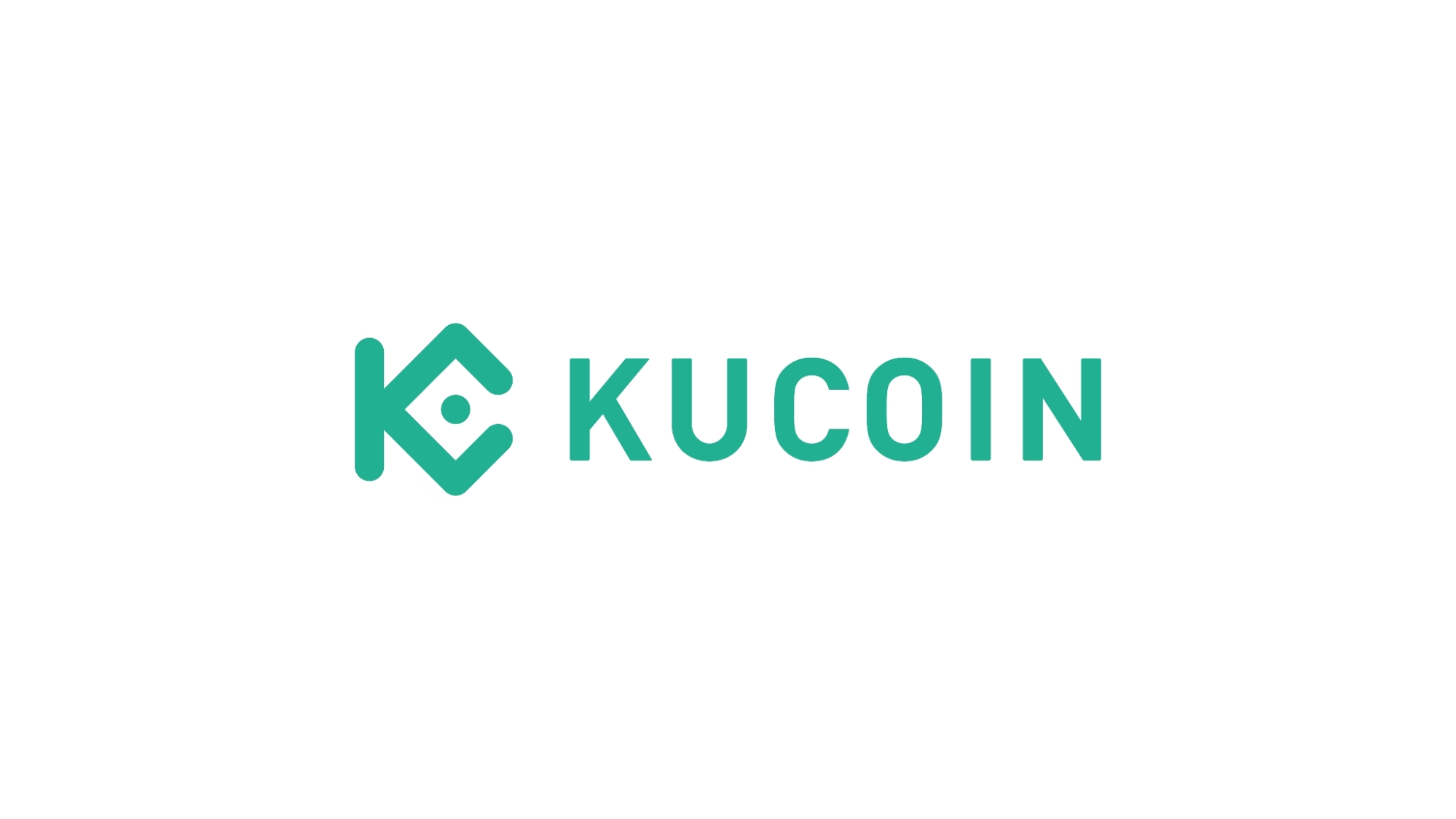
KuCoin is a popular exchange for advanced traders who want access to a wide variety of altcoins. The platform offers advanced features like margin trading and futures contracts, along with low fees for spot trading. KuCoin’s wide selection of coins makes it a top choice for those who want to explore emerging tokens or engage in high-volume trading.
Pros:
- Low trading fees
- Huge selection of altcoins
- Advanced features like margin trading
Cons:
- Limited customer support
- Regulatory concerns in some countries
Ideal For:
Traders looking for a wide range of coins and advanced trading features.
8. Uphold – Best for Ease of Use and Multi-Asset Trading

Uphold stands out for its user-friendly interface and the ability to trade not just cryptocurrencies but also stocks and precious metals. This makes it an attractive option for traders who want to diversify their portfolios beyond crypto. Uphold also offers transparent fees and has a good reputation for being easy to use, even for beginners.
Pros:
- Supports multiple asset types (stocks, crypto, precious metals)
- Transparent fees and no hidden charges
- Simple, beginner-friendly interface
Cons:
- Higher withdrawal fees for some assets
- Limited crypto-to-crypto pairs
Ideal For:
New traders who want a simple and diversified trading experience in one platform.
9. LBank – Best for Global Access and Altcoin Trading

LBank is a rising star in the crypto exchange space, offering low fees and a wide range of altcoins. Its user interface is clean and intuitive, and it supports global access, allowing traders from various regions to use the platform. While LBank is not as well-known as Coinbase or Binance, it has gained traction among those looking for a more affordable exchange for trading lesser-known coins.
Pros:
- Low trading fees
- Supports many altcoins
- Global access for traders
Cons:
- Limited fiat-to-crypto options
- Lacks advanced trading tools like margin and futures
Ideal For:
Traders looking for an affordable exchange with a strong selection of altcoins.
10. River Financial – Best for Bitcoin-focused Investors
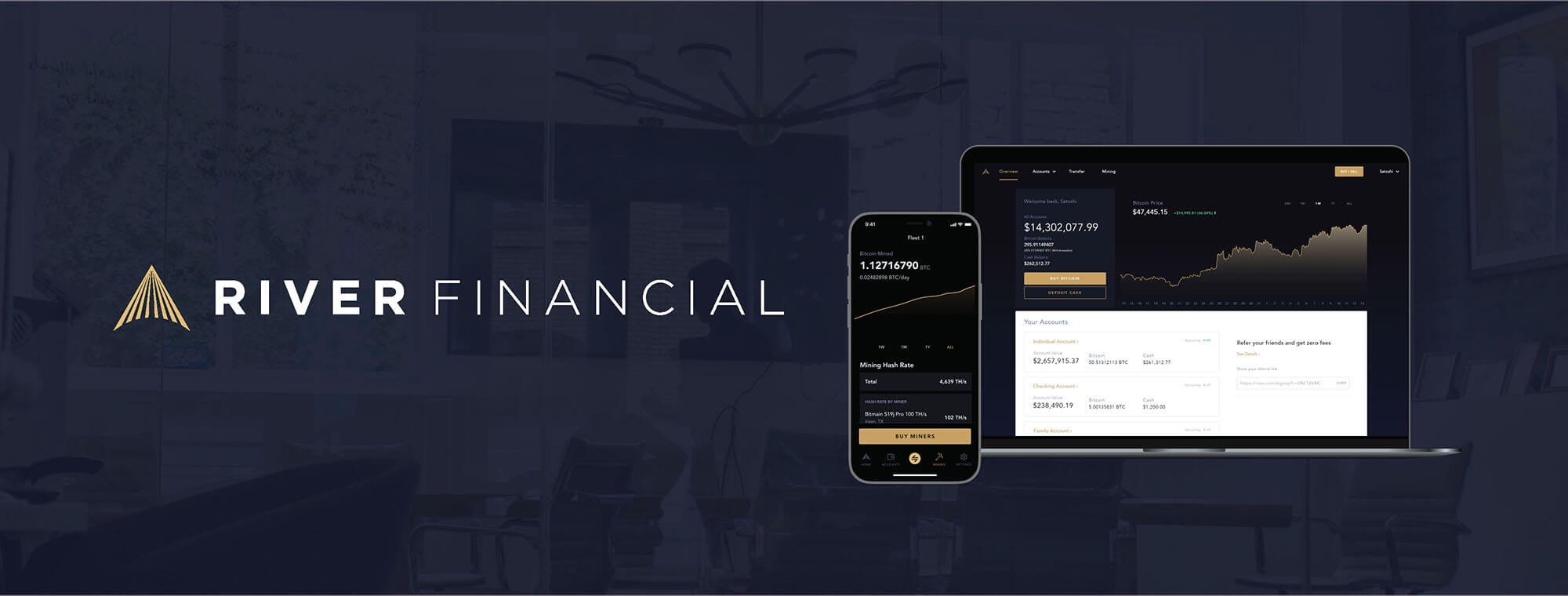
If you’re mainly interested in Bitcoin trading, River Financial is a solid option. It offers a simple, user-friendly interface and provides excellent customer support. The platform is focused solely on Bitcoin, ensuring a high-quality, streamlined experience for Bitcoin enthusiasts. River Financial is also known for its secure storage and strong customer service.
Pros:
- Simple, intuitive platform
- Dedicated to Bitcoin trading
- Great customer service
Cons:
- Limited selection of other cryptocurrencies
- Not ideal for traders seeking diversification
Ideal For:
Bitcoin investors looking for simplicity and excellent customer support.
How to Select the Perfect Exchange for You: A Step-by-Step Guide
Choosing the right crypto exchange can feel like a daunting task with so many options out there. But breaking it down into manageable steps can help you make an informed decision that suits your individual needs. Let’s walk through the process so you can select the perfect Coinbase alternative based on your trading goals and experience level.
Step 1: Assess Your Experience Level
Before jumping into a new exchange, take a moment to evaluate your experience with crypto trading. Are you just starting, or are you an experienced trader looking for advanced features? Platforms like Gemini are beginner-friendly and perfect for those new to crypto. In contrast, Binance or Kraken offer more complex tools that experienced traders will appreciate. Understanding your level will help you find a platform that’s not too overwhelming or too basic for your needs.
Step 2: Evaluate Your Trading Goals
What are your goals with crypto trading? Are you looking for long-term investments, or do you plan to engage in frequent trading? If you’re in it for the long haul, platforms like Kraken and Gemini, which offer secure storage and low-fee trading, are solid options. For frequent traders, low-fee platforms like Binance might be more attractive. Make sure the platform you choose supports your specific trading style—whether it’s spot trading, margin trading, or crypto lending.
Step 3: Look for Specialized Features
Each platform has its own unique set of features, and finding one that aligns with your needs is crucial. If you want to trade more than just Bitcoin, look for exchanges that support altcoins. KuCoin and Binance offer a massive selection of cryptocurrencies, allowing you to trade rare coins. If you’re interested in earning while you hold crypto, consider exchanges like Crypto.com, which offers staking and lending options. Evaluate what specialized features matter most to you.
Step 4: Check Availability in Your Region
Not all exchanges are available worldwide. Some platforms have regional restrictions, so it’s essential to verify if the exchange you’re considering operates in your country. For example, Binance has faced regulatory challenges in certain regions, while Gemini is highly regulated in the U.S. Make sure to choose an exchange that’s accessible to you and follows the regulations in your country.
Step 5: Security and Customer Support
No matter which exchange you choose, make sure it has robust security features. Look for platforms that offer cold storage, insurance policies, and two-factor authentication (2FA) to protect your investments. You’ll also want to choose a platform that offers responsive customer support in case you encounter any issues. If security and customer support are a top priority for you, platforms like Kraken and Gemini are excellent options known for their reliable customer service.
Is Coinbase Still the Best Option for Crypto Traders in 2025?
Coinbase has been a leader in the crypto exchange space for years, but with the rise of other platforms offering competitive features, it’s important to ask: Is Coinbase still the best option in 2025? Let’s take a closer look at how Coinbase stacks up against its alternatives in the current landscape.
Coinbase's Strengths in 2025
One of the major advantages of Coinbase is its user-friendly interface, which makes it a go-to platform for beginners. With a straightforward setup and easy navigation, it's simple to start trading without feeling overwhelmed. Coinbase also shines with its regulated status in the U.S., offering peace of mind to users who prioritize legal compliance. Additionally, Coinbase provides access to a wide range of educational resources for new traders, which is a big draw for those just starting in the crypto world.
But Are the Fees Too High?
Despite its popularity, Coinbase does have its drawbacks, particularly when it comes to fees. Transaction fees on Coinbase can be high, especially for smaller transactions, and this can be frustrating for users who trade frequently. Many Coinbase alternatives like Binance and Kraken offer lower fees, making them more attractive for active traders who want to minimize costs.
Limited Features for Advanced Traders
For those looking to explore advanced trading strategies like margin trading, futures contracts, or crypto lending, Coinbase’s feature set might fall short. While it offers basic trading tools, platforms like Kraken, Binance, and KuCoin provide a much broader range of features that cater to seasoned traders.
Regional Restrictions
Another important consideration is regional restrictions. While Coinbase is available in many countries, some regions may have limited access to certain features or even the platform itself. On the other hand, alternatives like Gemini and Kraken have fewer restrictions, making them more accessible globally.
Conclusion: Is Coinbase Still the Best Choice?
Coinbase remains a solid option for beginners due to its easy-to-use platform and regulatory compliance. However, if you're an active trader looking for lower fees, more trading options, or advanced features, Coinbase alternatives like Binance, Kraken, or Gemini may be a better fit. It’s crucial to evaluate your trading goals and experience level to determine whether Coinbase still meets your needs or if a switch to another platform is in order.
FAQs About Coinbase Alternatives
What are the best alternatives to Coinbase in 2025?
Some of the top alternatives to Coinbase in 2025 include Kraken, Binance.US, Gemini, Crypto.com, and eToro. These platforms offer competitive fees, advanced trading features, and robust security measures.
Is Kraken better than Coinbase?
Kraken is often considered a strong alternative to Coinbase, especially for advanced traders. It offers lower fees, a wider range of cryptocurrencies, and advanced trading features like margin and futures trading.
What is the safest crypto exchange?
Gemini is recognized for its strong regulatory compliance and security features, including insurance coverage for digital assets. It's available in all 50 U.S. states and offers a secure trading environment.
Which crypto exchange has the lowest fees?
Binance.US offers some of the lowest trading fees among major exchanges, with rates as low as 0.1%. This makes it an attractive option for cost-conscious traders.
Can I use eToro for crypto trading?
Yes, eToro supports cryptocurrency trading and offers unique features like social trading and copy trading. It's suitable for beginners looking to learn from experienced traders.
Launch your dropshipping business now!
Start free trialRelated blogs

2026 Podcast Monetization Playbook: Best Podcasting Platforms that Make You Money
Find the best podcast platform for monetization in 2026. See which hosts offer the highest payouts and lowest fees for your show.

Top 10 Valentine Gifts for Girlfriend
Looking for the perfect Valentine gift for your girlfriend? Discover the top 10 romantic, thoughtful, and trending Valentine gifts she'll love.

What is the Cost of Living in Montana in 2026?
Learn the real cost of living in Montana for 2026, including housing, groceries, and taxes. This guide covers what you need to earn and where to live affordably in Big Sky Country.


































